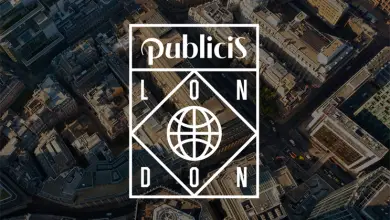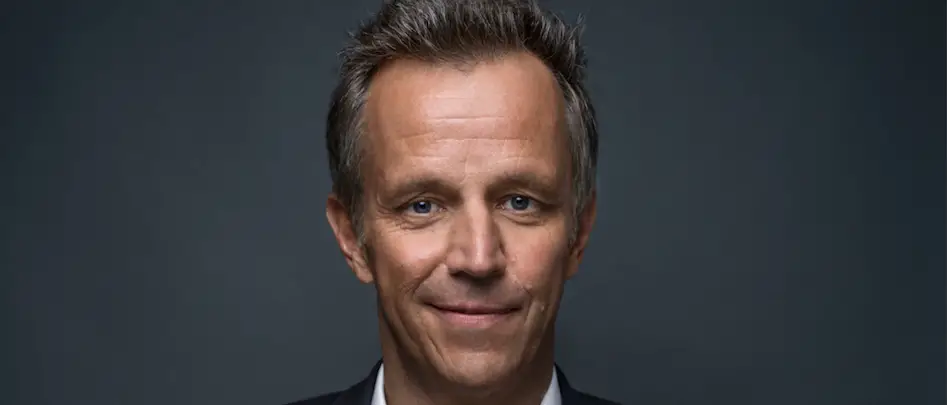Has the Guardian finally found a viable future as a crowd-funded news organisation?
Readers of Guardian online will have noticed bits in yellow at the bottom of each story saying “while you’re here,” inviting you to send money to support the paper in its crusade not to succumb to the dreaded paywall. And stem its stupendous losses (although they’re not mentioned).
Now, according to CEO David Pemsel (below) in an interview with Ian Burrell in The Drum, the policy has succeeded in cutting the Guardian’s losses to “just” £25m with break-even pencilled in for 2019.


Pemsel says the paper has 800,000 supporters of various kinds: some making one-off donations (which, presumably, they might repeat), others making monthly payments under title’s membership scheme whose number has grown from 75,000 to 300,000.
The paper has also made steep staff cuts and still generates money from online and print advertising and the print version’s cover price (still far too high). The donations come from 140 countries in all, many from the US.
Pemsel, who joined the Guardian from ITV, says: “If we get to the end of this year and the minus £25m number, we have in effect halved our losses and kept our revenues broadly flat. No-one is ever complacent but pretty much every number we have set out we have achieved, as well as supporting arguably some of the best journalism we have ever done.”
For years, under former editor Alan Rusbridger, the Guardian assumed that its vast online reach would convert into advertising sales. But that was before Facebook and Google hoovered up the digital ad market.
Given that Facebook, in particular, is now in the dock for so-called “fake news’ – it feeds readers information it thinks they agree with, regardless of its provenance – the Guardian’s rather unlikely return from the grave should be welcomed.
Such titles could also do with more support from media agencies. WPP’s Sir Martin Sorrell is always quick to boast how much money his GroupM agencies funnel into Google, Facebook, Twitter and newbies on the ad block like Amazon. But all this is ultimately doing is bringing forward the day when advertisers don’t need media agencies at all.
If media agencies are to have a purpose it should include batting for media titles that actually do some good, as the Guardian has on many occasions.









